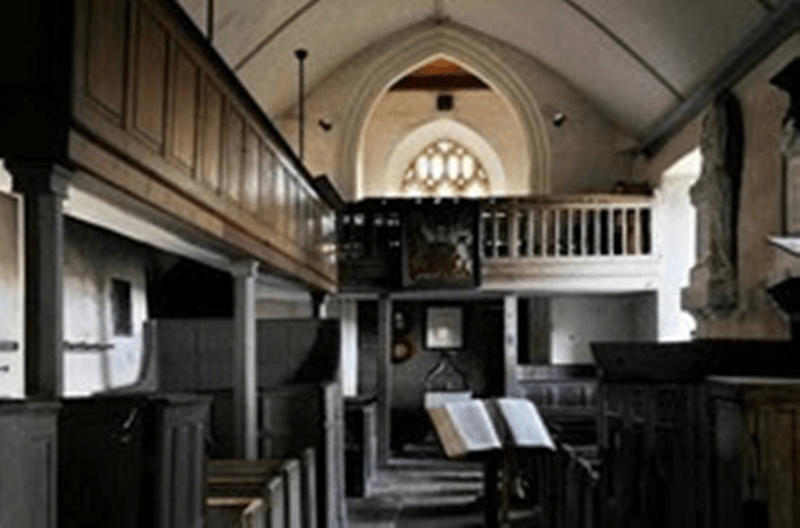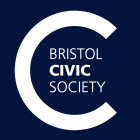Home » Explore Bristol » St James Priory Church
St James Priory Church
St James Priory Church next door to the city’s main bus station is, famously, the oldest building in Bristol still in use. The Priory was founded in the 1120s by Robert, Earl of Gloucester, a capable soldier, administrator, bastard son of King Henry I and the Norman thug who ran this town. Pious Earl Robert (whose tomb is in the Church), supposedly decreed that every tenth stone shipped in from Normandy for Bristol Castle should be donated to the building of the church. The Benedictine Priory would also become the site of a famous annual fair which lasted until the 1830s. Following the Reformation and the Dissolution of the Monasteries, it became an Anglican parish church, and by the 19th century it was the heart of a densely-populated working class neighbourhood. The church escaped serious damage in the Blitz, but the postwar plans for the area favoured roads, shops and offices.

St James Priory Church next door to the city’s main bus station is, famously, the oldest building in Bristol still in use. The Priory was founded in the 1120s by Robert, Earl of Gloucester, a capable soldier, administrator, bastard son of King Henry I and the Norman thug who ran this town. Pious Earl Robert (whose tomb is in the Church), supposedly decreed that every tenth stone shipped in from Normandy for Bristol Castle should be donated to the building of the church.

The Benedictine Priory would also become the site of a famous annual fair which lasted until the 1830s. Following the Reformation and the Dissolution of the Monasteries, it became an Anglican parish church, and by the 19th century it was the heart of a densely-populated working class neighbourhood. The church escaped serious damage in the Blitz, but the postwar plans for the area favoured roads, shops and offices.
The congregation declined and the Church of England declared the church redundant in 1984. And there it stood, one of the very few relics of ancient Bristol in an area almost completely covered in new developments. The fabric of the building started to deteriorate. Since then, though, St James has had a remarkable turnaround in its fortunes, thanks to a great deal of hard work by a small and devoted team of volunteers. In the early 1990s, a group of Catholic Monks, the Little Brothers of Nazareth, arrived in Bristol to work with people with drug and alcohol addictions, and after a while they were seeking a permanent home. And so the (Anglican) Diocese of Bristol ended up leasing the building to the (Catholic) monks. Looking after the church building was a condition of the lease. Sue Jotcham, a former schoolteacher who volunteered to help the Little Brothers out, explains: ‘It was in a horrendous condition. I was fundraising all the time to try and keep it watertight.’
The only way forward was to apply for Heritage Lottery money. They were helped out by building surveyor Rob Harding, who arrived as a volunteer project manager and has been with St James ever since.
‘English Heritage said that it would be no good just repairing the roof,’ he says. ‘You would have to work out how you would use the building, how to make it sustainable and how to make some income to pay for running repairs and maintenance. Otherwise you’re just going to carry on patching and making do and mending.’
The application was successful, and £4.2 million and a huge amount of work later, the church was secured, and boasted a new café, toilets, disabled facilities, historical interpretation panels and more besides. The café, run by volunteers, brings in a little revenue, as does renting out meeting rooms, plus the occasional wedding. The church is also finding a new role; a lot of people drop in for quiet prayer or contemplation. ‘We have a book in the back of the church for people to write in requests, or just to say how they’re feeling. Just from that book you can see how important the building is to the people of Bristol,’ says Sue.
‘Often people will come in after visiting the hospital. Maybe they’ve just had bad news, or they have someone in there.’ “We ourselves are Catholic, but it’s open to all faiths and none. We get a lot of people say ‘I don’t believe in God, I don’t believe in anything, but I just love this building and find more peace here than any other place on earth.”
To find out more, or to become one of St James’s much-needed volunteers, see www.stjamesprioryproject.org.uk
